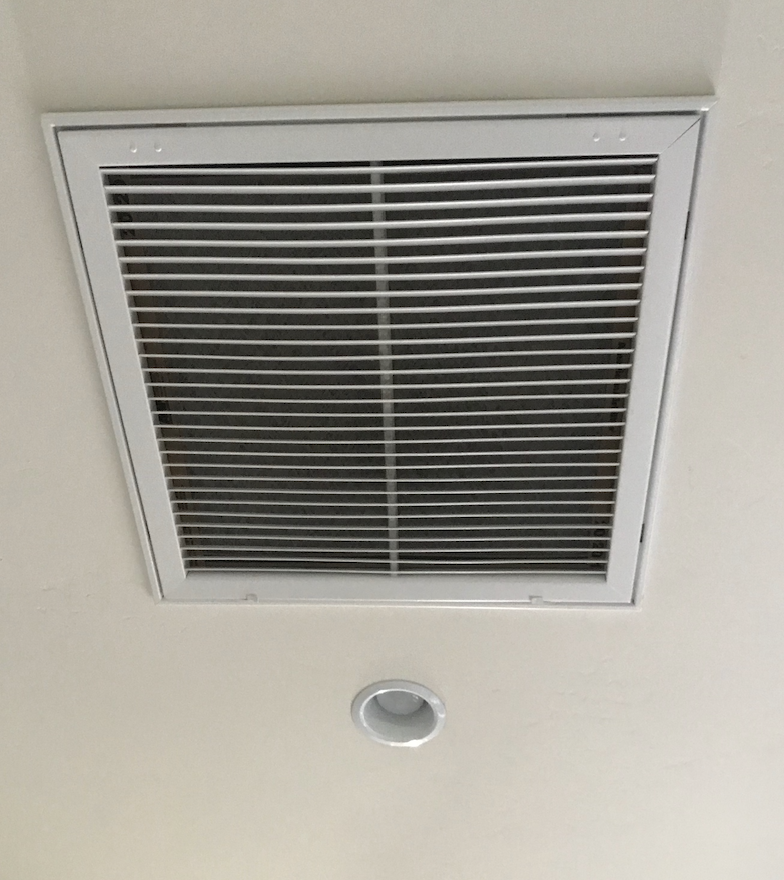A quality and well-functioning air conditioning is essential to guarantee a well-conditioned commercial environment for the comfort of customers and employees, in addition to having a direct and positive impact on the establishment’s productivity and image. Well-maintained and efficient air conditioning systems guarantee the ideal temperature, indoor air quality and product preservation, especially in businesses that deal with food or other heat-sensitive items.
An environment with a pleasant temperature and clean air provides a positive experience for customers, encouraging them to stay longer at the establishment and return. For employees, thermal comfort increases productivity by preventing health problems caused by extreme temperatures or poor air quality. Furthermore, in businesses that store perishable products, such as food, medicines or flowers, adequate air conditioning is essential to avoid losses and guarantee the quality of the products.
Do you have a business and want to revolutionize things by installing air conditioning? Find commercial hvac contractors near me and find out what it takes to have ideal air conditioning in your business.
Types of HVAC systems for businesses
There are several types of HVAC systems (Heating, Ventilation and Air Conditioning) that can be used in businesses, each with its own characteristics and advantages, find out the main ones:
Split Systems: This system is most common in small businesses, consisting of an external unit (condenser) and one or more internal units (evaporators). They are easy to install and offer individual temperature control in each room. Maintenance for this system also tends to be more practical and faster, precisely because it is smaller.
Multi-Split Systems: Similar to split systems, but with the ability to connect several internal units to a single external unit, ideal for medium-sized businesses with several different environments and that require specific air conditioning in each one. What changes here is the number of evaporators that can be connected.
VRF (Variable Refrigerant Flow) Systems: They offer greater flexibility and energy efficiency, allowing individual control of the temperature in each room and adjusting the refrigeration capacity according to demand. They are recommended for large commercial establishments.
Self Contained Systems: These are autonomous units that do not require the installation of ducts, ideal for businesses with space limitations or that need a quick and easy to implement solution. This model is no longer used as much, but it is used in an emergency situation, for example.
Rooftop Systems: These are units installed on the roof, ideal for large businesses with ample space available. They offer high refrigeration capacity and can be combined with heating systems, forming an incredible set of features for your business.
Find out which is the ideal HVAC system to be installed in your business, speak to a New Season commercial air conditioner installation specialist to get the best advice.
Maintenance of HVAC systems
Regular maintenance of HVAC systems is essential to ensure their proper functioning, extend their useful life and avoid unexpected problems that can interrupt commercial activities. The frequency of maintenance varies according to the type of system, intensity of use and environmental conditions. In general, it is recommended to carry out preventive maintenance every six months, as this makes it possible to identify problems before they cause failures and stop the system from functioning.
Do you need maintenance on your HVAC system? Talk to New Season and schedule an HVAC repair service with a specialist professional.
How HVAC systems are maintained
Generally, maintenance is the same for all HVAC systems, as it revolves around cleaning, changing parts and correcting any malfunction that may be occurring in the system. In general, maintenance occurs as follows:
Cleaning air filters and coils: Monthly or as recommended by the manufacturer.
Cleaning of evaporator units (internal): Every six months.
Inspection of piping and connections: Annually.
Checking the refrigerant gas level: Annually or when there is evidence of a leak.
Checking the functioning of electrical and mechanical components: Annually.
Cleaning and checking the drainage system: Annually.
Hire a qualified professional
It is essential to hire a qualified professional from a reliable HVAC company to carry out maintenance on HVAC systems. A specialized technician has the knowledge and tools necessary to identify and correct problems, in addition to ensuring that maintenance is carried out in accordance with technical and safety standards.
Investing in an efficient air conditioning system and regular maintenance ensures a pleasant and productive environment for your business, as well as avoiding losses from unexpected breakdowns and excessive energy costs.
